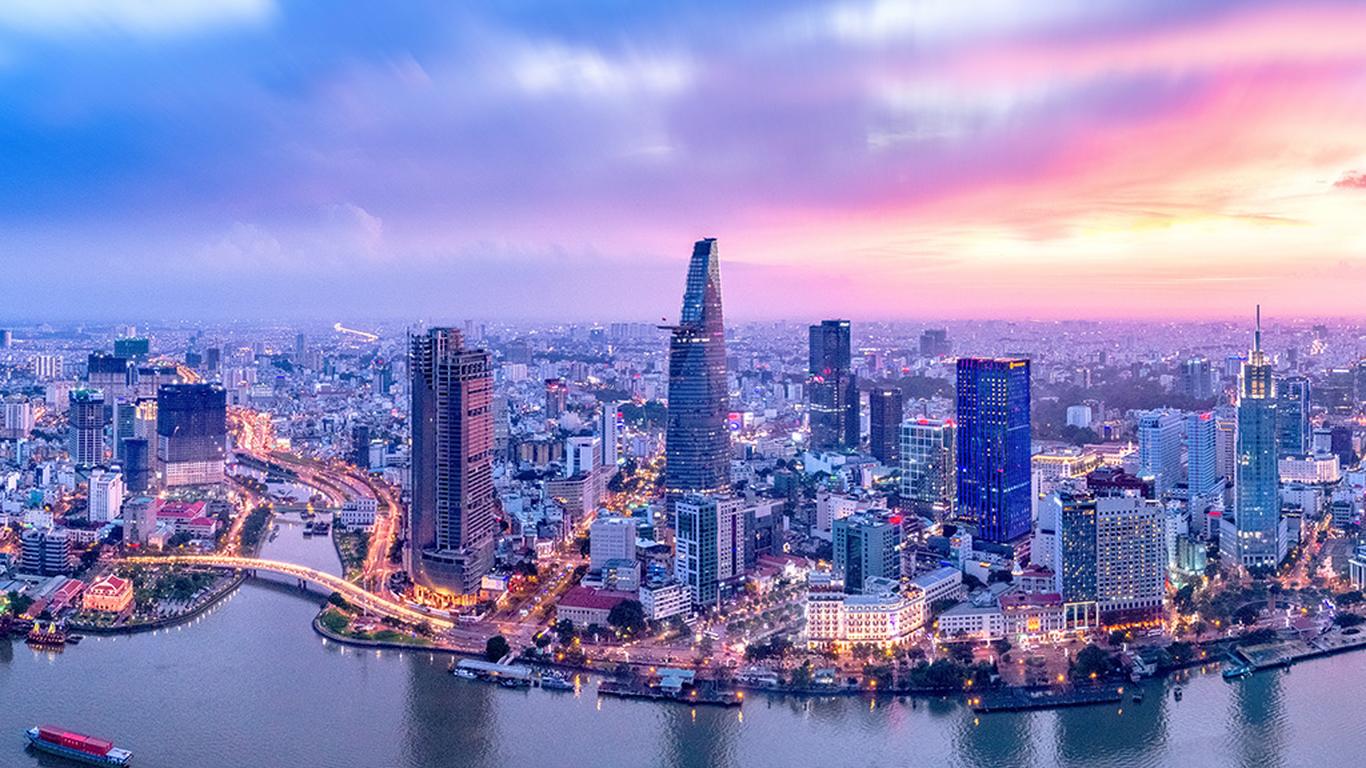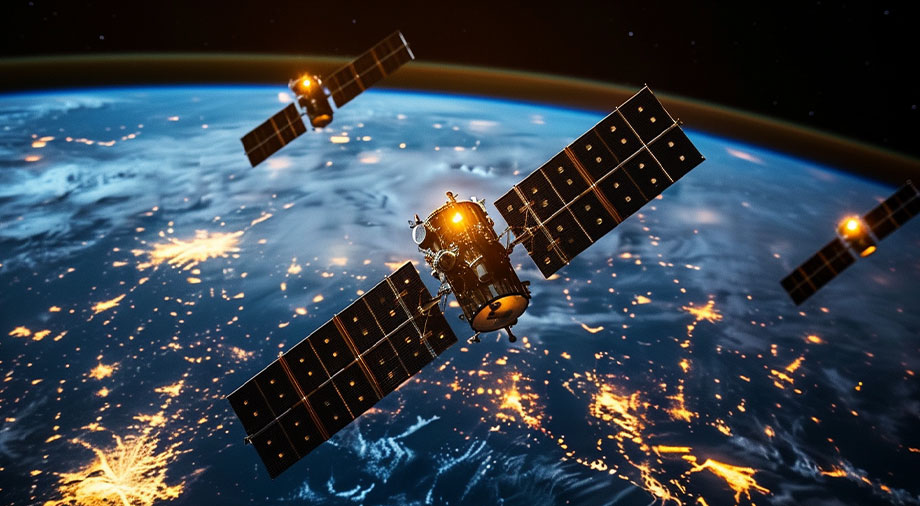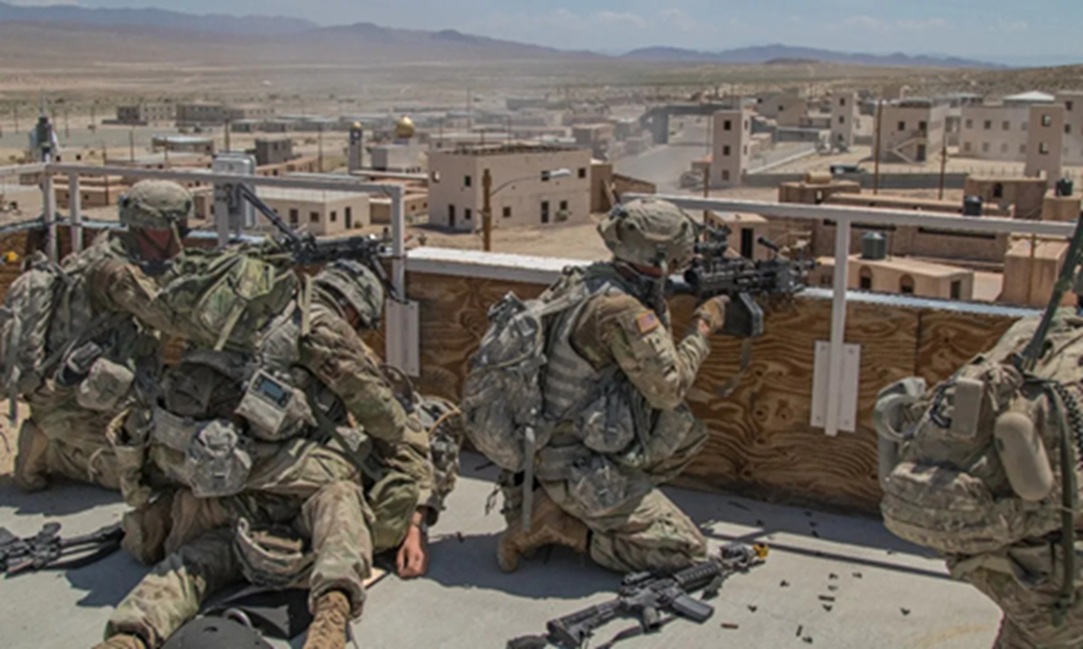Holocaust, genocides, exterminations, mass killings, and ethnic cleansing have been a feature of the history of humankind. There are numerous documented cases of such acts, and analysts have invested enormous intellectual capital to understand the causes and impacts. Among these, the genocide by the Khmer Rouge in Cambodia has left a scar on the minds of not only the Cambodian society but also in Vietnam and the humanity at large.
the Khmer Rouge led by its Prime Minister Pol Pot between 1976 and 1979 was a dictator. After seizing power, he unleashed a rule of tyranny against the people which led to forced migrations, poor economic conditions, malnourishment and starvation, and above all executions for disobedience. The countless labour camps quickly turned into homes for executions and physical punishment. During a short period of four years, the genocide by the Khmer Rouge claimed the lives of 1.5 and 3 million people. It was only after Vietnamese military intervention that the massacre ended.
The Vietnamese military intervened in Cambodia on 25 December 1978 and this Cambodia–Vietnam War is also referred to as the “counter-offensive” on the southwestern border. Vietnam’s sending of troops to Cambodia, subsequently helped the Cambodian people remove the government of the Communist Party of Kampuchea from power. This ended one of the bloodiest genocides.
Vietnam had quickly retreated from Cambodia, but many Vietnamese lives were lost. In an autobiographical account, titled “Away from Home Season – The Story of a Vietnamese Volunteer Veteran in Cambodia”, war veteran Nguyen Thanh Nhan painfully recounts that “Anyone who came back from Cambodia intact was a lucky person,”
Trials of the perpetrators began on 17 February 2009 and on 7 August 2014, Nuon Chea and Khieu Samphan were convicted and received life sentences for crimes against humanity committed during the genocide.
Many Vietnamese veterans are still haunted by their memories of war with Pol Pot’s army and there are also those who wonder “why Cambodians are not more grateful to the troops who freed them from the brutal Khmer Rouge regime”.
The Vietnamese military had gone into Cambodia as a “saviour” but the intervention was being seen as an invasion. It merits attention that Vietnam is a country that has a tradition of not being an “occupier”. There are at least two important factors that corroborate this assertion.
First, Vietnam has seen the occupation of its own territory and witnessed atrocities committed by the occupying forces. The eight years long French Indochina War between Vietnam and France witnessed a “shattering defeat by the Viet Minh at the Battle of Dien Bien Phu in May 1954, the French came to the end of their rule in Indochina”. Thereafter, the two-decades-long war also called the “American War” in Vietnam was in large part a product of the Cold War between the United States and the Soviet Union resulting in nearly 2 million civilian casualties. Also, as many as 60,000 U.S. and its ally’ military personnel had died or were missing as a result of the war.
Second, the Vietnamese government has upheld the idea of human dignity and has chosen the path of reconciliation. It is over four and half decades since the US finally exited Vietnam and since then the normalization process has made significant progress. This has been documented in a book titled “Nothing Is Impossible: America’s Reconciliation with Vietnam,” and the book is an “insightful account” of the evolving US – Vietnam relations.
No doubt the two countries have come a long way since the normalization process began and in July 2021, they signed a memorandum of understanding under which the US will “assist Vietnam to locate, identify, and recover the remains of Vietnamese soldiers who were killed during the Vietnam War but are still listed as missing in action (MIA)”.
Today, Vietnam and Cambodia are important partners and continue to build robust political trust marked by constructive political-party engagements, diplomatic exchanges, convergences on many sensitive strategic issues, and economic relations. Both countries along with Lao PDR are lower riparian states and have stakes in the Mekong River, particularly in the context of transboundary water issues, natural resources management, and non-traditional security threats and challenges arising from the impact of climate change which affects their national development.
Title image courtesy: Elistatus
Disclaimer: The views and opinions expressed by the author do not necessarily reflect the views of the Government of India and Defence Research and Studies





